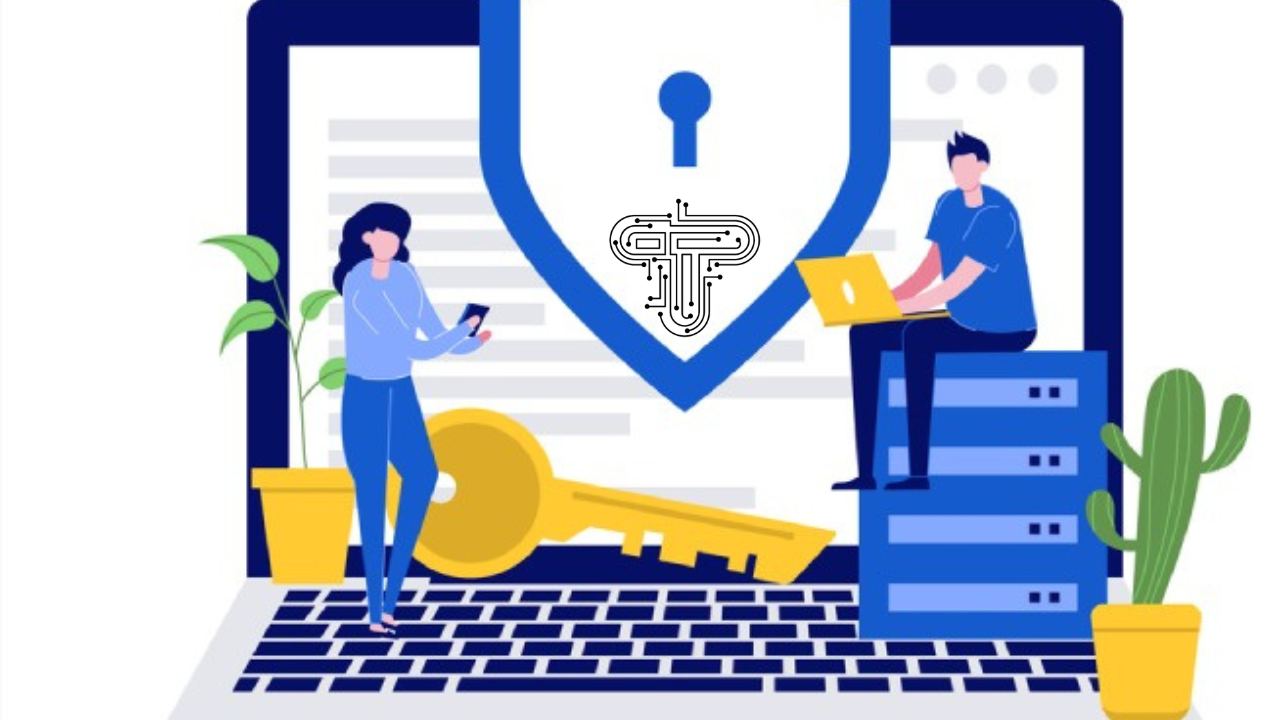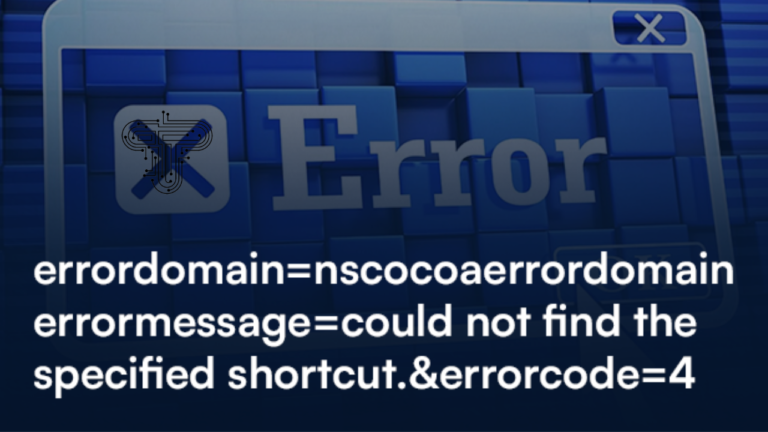How DMARC Adoption Can Improve Customer Trust and Loyalty

Introduction
Email remains a critical communication channel for businesses and organizations in the digital age. However, the increasing prevalence of email-based attacks, such as phishing and spoofing, has made email security a top priority. DMARC (Domain-based Message Authentication, Reporting & Conformance) is a powerful tool designed to address these challenges by improving email authentication and protecting against fraudulent activities. Beyond its technical benefits, DMARC adoption can significantly enhance customer trust and loyalty, making it an essential component of a comprehensive cybersecurity strategy.
As cyber threats continue to evolve, customers are becoming more aware of the importance of email security. They expect businesses to proactively protect their personal information and ensure that communications are genuine and trustworthy. By implementing DMARC, organizations can safeguard their email channels and build a reputation for reliability and security, ultimately fostering greater customer confidence and long-term loyalty.
Understanding the Role of DMARC in Email Security
DMARC plays a crucial role in enhancing email security by allowing domain owners to specify how email messages from their domain should be authenticated. It builds upon existing email authentication methods like SPF (Sender Policy Framework) and DKIM (DomainKeys Identified Mail) to provide a more comprehensive approach. DMARC enables domain owners to publish policies that dictate how to handle emails that fail authentication checks, such as rejecting or quarantining them.
The implementation of DMARC involves creating a DMARC record in the domain’s DNS (Domain Name System), which specifies the desired policy and reporting options. This record helps email receivers determine whether incoming messages align with the sender’s authentication practices, reducing the risk of spoofing and phishing attacks. By enforcing DMARC policies, organizations can ensure that only legitimate emails are delivered, thereby protecting their reputation and maintaining the integrity of their communications.
Leveraging DMARC for Comprehensive Email Authentication Strategies
Tatevik Iskajyan, SEO Specialist at Power DMARC, says, “A comprehensive approach to email authentication involves not just implementing DMARC, but integrating it with other email security protocols and practices. While DMARC provides essential protection against spoofing and phishing, combining it with technologies like SPF (Sender Policy Framework) and DKIM (DomainKeys Identified Mail) enhances overall email security. This multi-layered approach ensures that emails are thoroughly vetted and that the risk of unauthorized access or fraudulent messages is minimized.”
Furthermore, regularly updating and reviewing email authentication policies is crucial for adapting to emerging threats and changes in email security standards. By staying informed about the latest developments and best practices in email authentication, organizations can maintain a robust defence against cyber threats and continue to protect their customers effectively. This proactive stance helps build and sustain customer trust by demonstrating a commitment to evolving and improving email security measures.
The Impact of DMARC on Brand Reputation
“Brand reputation is closely tied to how well an organization manages its email security. A robust DMARC implementation protects against email-based attacks and reinforces a brand’s image as a secure and reliable entity. When customers see that a company takes email security seriously, they are more likely to view the brand positively and choose it over competitors who may not prioritize such measures.
Moreover, a well-maintained DMARC policy helps prevent unauthorized use of a domain for malicious purposes. This protection ensures that customers receive genuine communications from the brand, which is crucial for maintaining a positive brand perception. Any email fraud or spoofing incidents can damage a brand’s reputation and erode customer trust, making it essential for organizations to implement DMARC effectively to safeguard their brand image.” – Leo Baker, Chief Technology Officer at Vendorland.
Building Customer Loyalty Through Email Security
“Customer loyalty is often driven by trust and positive experiences with a brand. By adopting DMARC and demonstrating a commitment to email security, organizations can foster a sense of reliability and security among their customers. When customers know that their communications are protected and that the organization is proactive in preventing email-based threats, they are more likely to remain loyal and continue engaging with the brand.
In addition to enhancing trust, DMARC helps organizations maintain consistent and professional communication with their customers. By ensuring that all emails sent from the domain are authenticated and secure, organizations can avoid disruptions caused by email fraud or spoofing. This consistency contributes to a more positive customer experience and reinforces the brand’s dedication to providing high-quality, secure services.” – Jessica Shee from iboysoft.com
The Long-Term Benefits of DMARC Adoption
“Adopting DMARC has long-term benefits that extend beyond immediate email security improvements. Over time, organizations that implement DMARC can enjoy increased customer trust, a more substantial brand reputation, and enhanced loyalty. As email security threats continue evolving, a robust DMARC policy in place positions organizations to adapt and respond effectively to new challenges.
Furthermore, DMARC adoption can lead to improved overall email deliverability and performance. By reducing the likelihood of emails being flagged as spam or rejected, organizations can ensure that their essential communications reach their intended recipients. This improved deliverability contributes to better customer engagement and supports ongoing relationship-building efforts.” – Tal Holtzer, CEO of VPS Server.
Read More
Conclusion
In summary, DMARC adoption offers significant advantages for enhancing email security, building customer trust, and fostering brand loyalty. By implementing DMARC, organizations can protect their email channels from fraudulent activities, ensure their communications are secure, and reinforce their commitment to safeguarding customer information. As email security remains a critical concern for businesses and customers, DMARC is a vital tool in maintaining trust and loyalty in an increasingly digital world. Investing in DMARC protects against cyber threats and strengthens the foundation of customer relationships and brand reputation, paving the way for long-term success.






